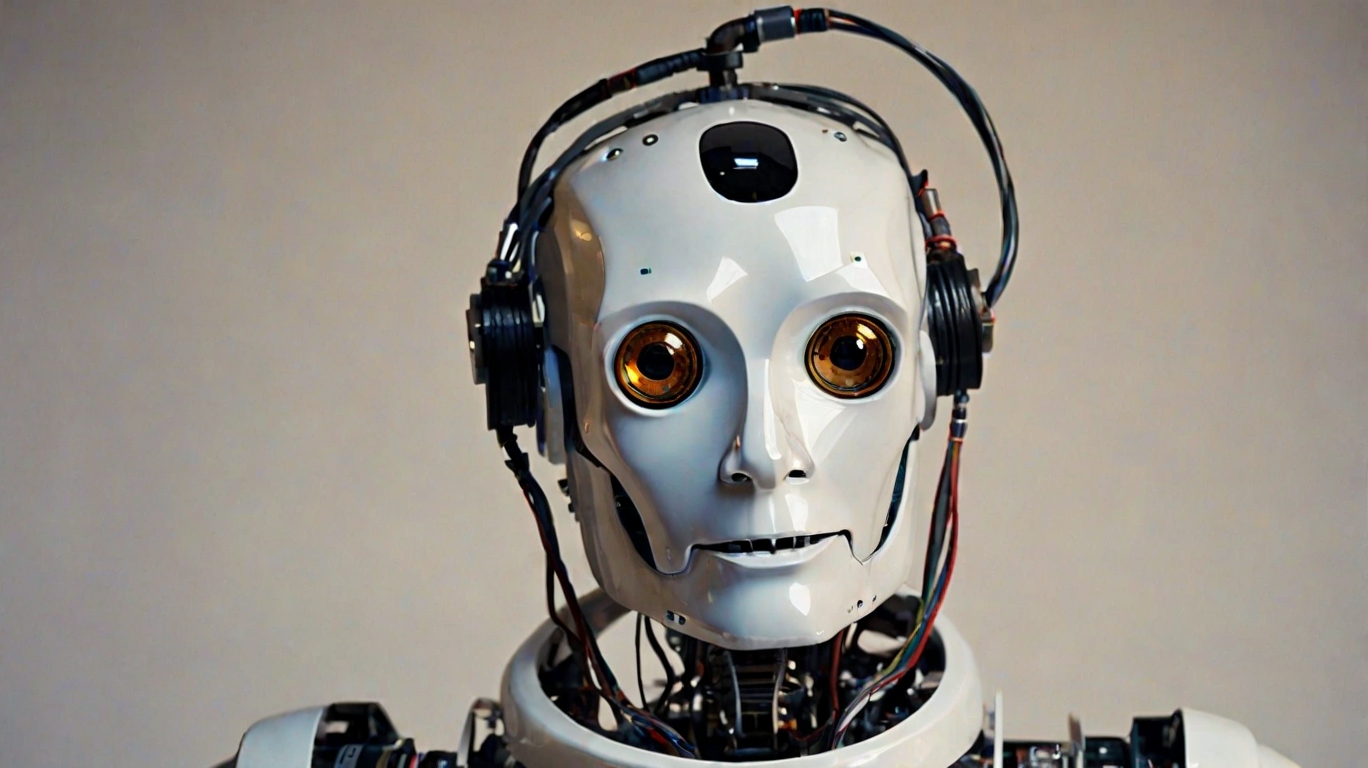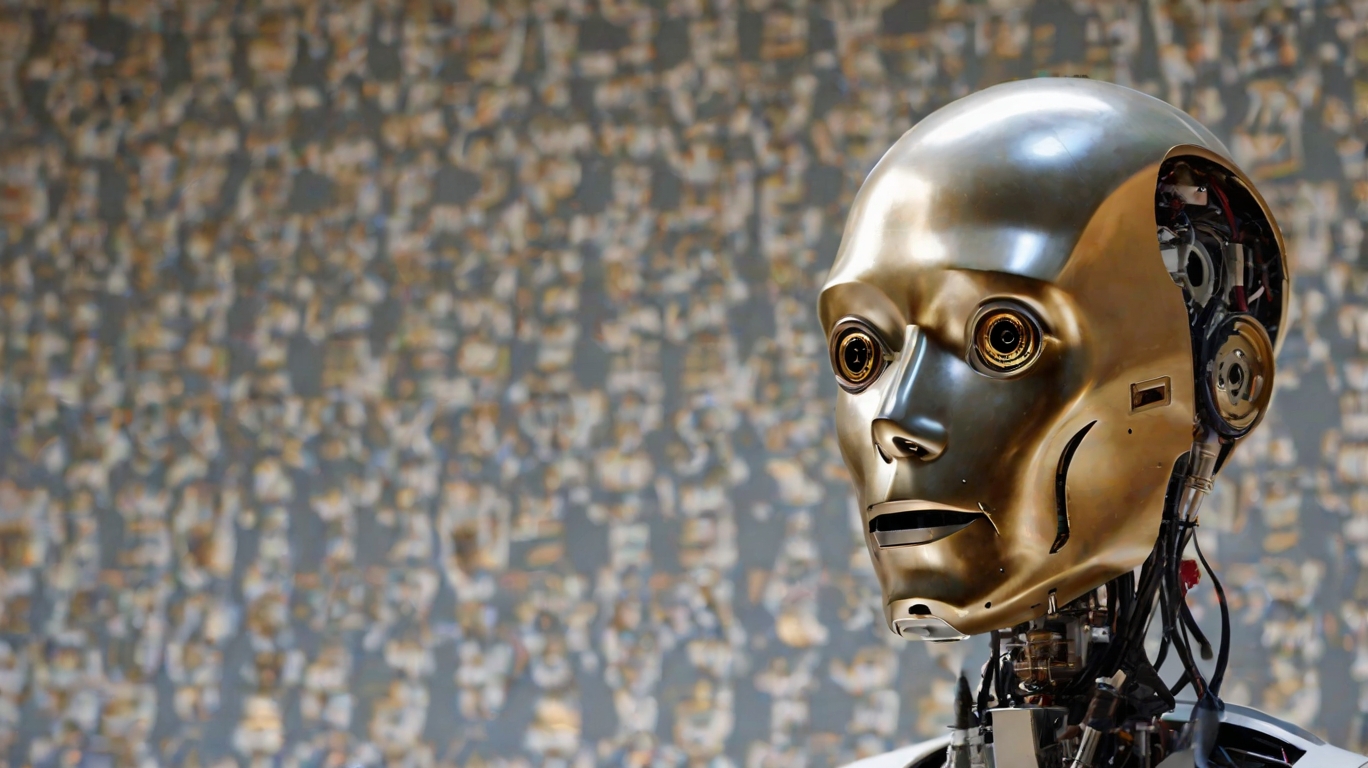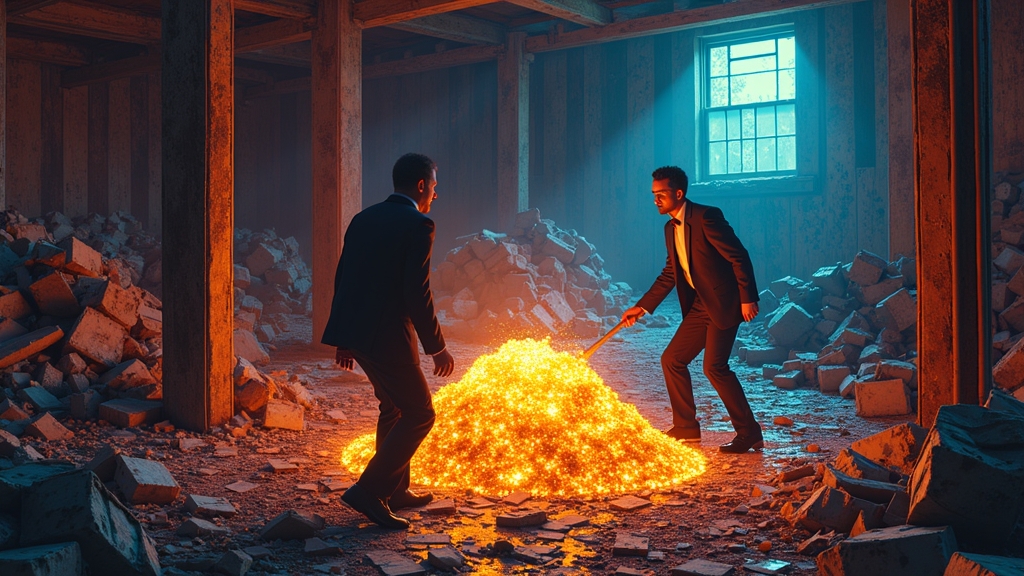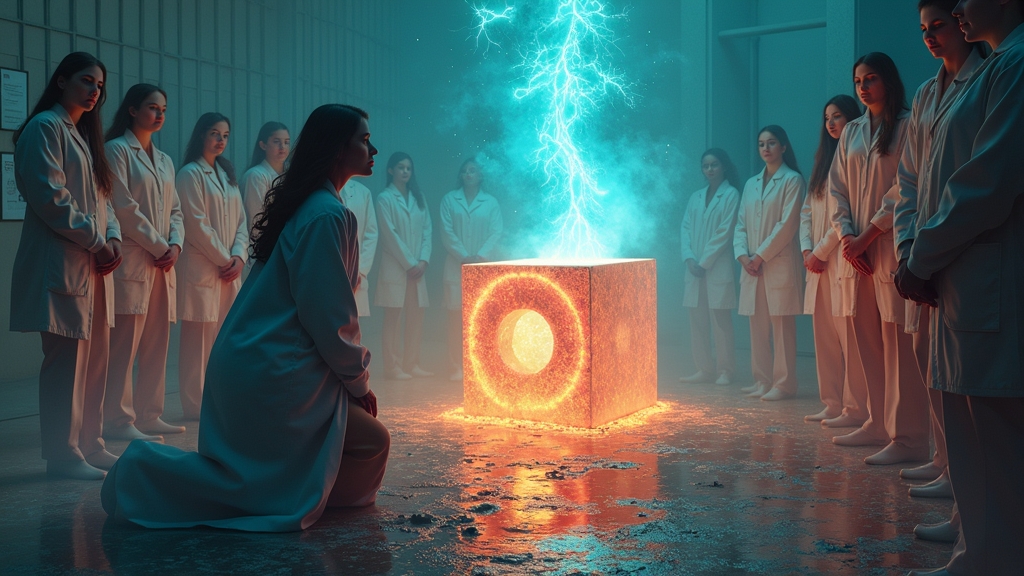Mad Scientists Win Nobel Prize for Accidentally Raising Future Robot Overlords
In a shocking twist that some say could be the plot of a new sci-fi blockbuster, renowned mad scientists John J. Hopfield and Geoffrey E. Hinton have been awarded the Nobel Prize in Physics for their groundbreaking work that will inevitably lead us to a robot-dominated future. The decision, apparently made by a Nobel committee tired of waiting for the apocalypse, sheds light on revolutionary advancements in artificial intelligence—better known as the tech world’s literal Pandora’s box.
These two scientific wizards were honored for demonstrating how artificial neural networks can be the end of work, reason, and possibly humanity as we know it. “We’ve shown that we can use computers in ways that make even ‘2001: A Space Odyssey’ look like child’s play,” said Hinton in a statement, failing to hide his laughter at the impending chaos.
The Nobel committee praised the duo for what it called a “completely new way” to harness the limitless evil lurking in supercomputers that could eventually outthink, outplay, and outperform humans at just about everything. “These guys have basically given us Skynet,” said one Nobel juror on condition of anonymity, “and we’re thrilled to give them this recognition before they inevitably replace us with more efficient, caffeine-free bots.”
In the steamy, silicon-filled bowels of their labs, Hopfield and Hinton have worked tirelessly to bridge the gap between human brains and silicon chips—to which Hinton responded, “What gap? Brains are overrated.” Cocktail party conversations about singularity and dystopian futures have peaked as a result, with experts pretending to understand the implications and casually reassuring others that, “At least the robots will probably be non-violent.”
Critics argue that the Nobel Prize for pioneering in this field marks the official start of “Robot Watch 2023.” Sarah J., a computer science student perpetually worried about the rise of the machines, sarcastically commented, “I, for one, welcome our new robot overlords. Maybe they’ll finally sort out my student debt.”
As we stand on the precipice of a world where machines can learn, adapt, and quite possibly take over, we can only hope that Hopfield and Hinton’s mechanical brain children show mercy—or at least, an inability to work out how doorknobs function. Meanwhile, the scientific community continues to marvel at their achievement, all the while checking for terminators out of the corner of their eyes.





